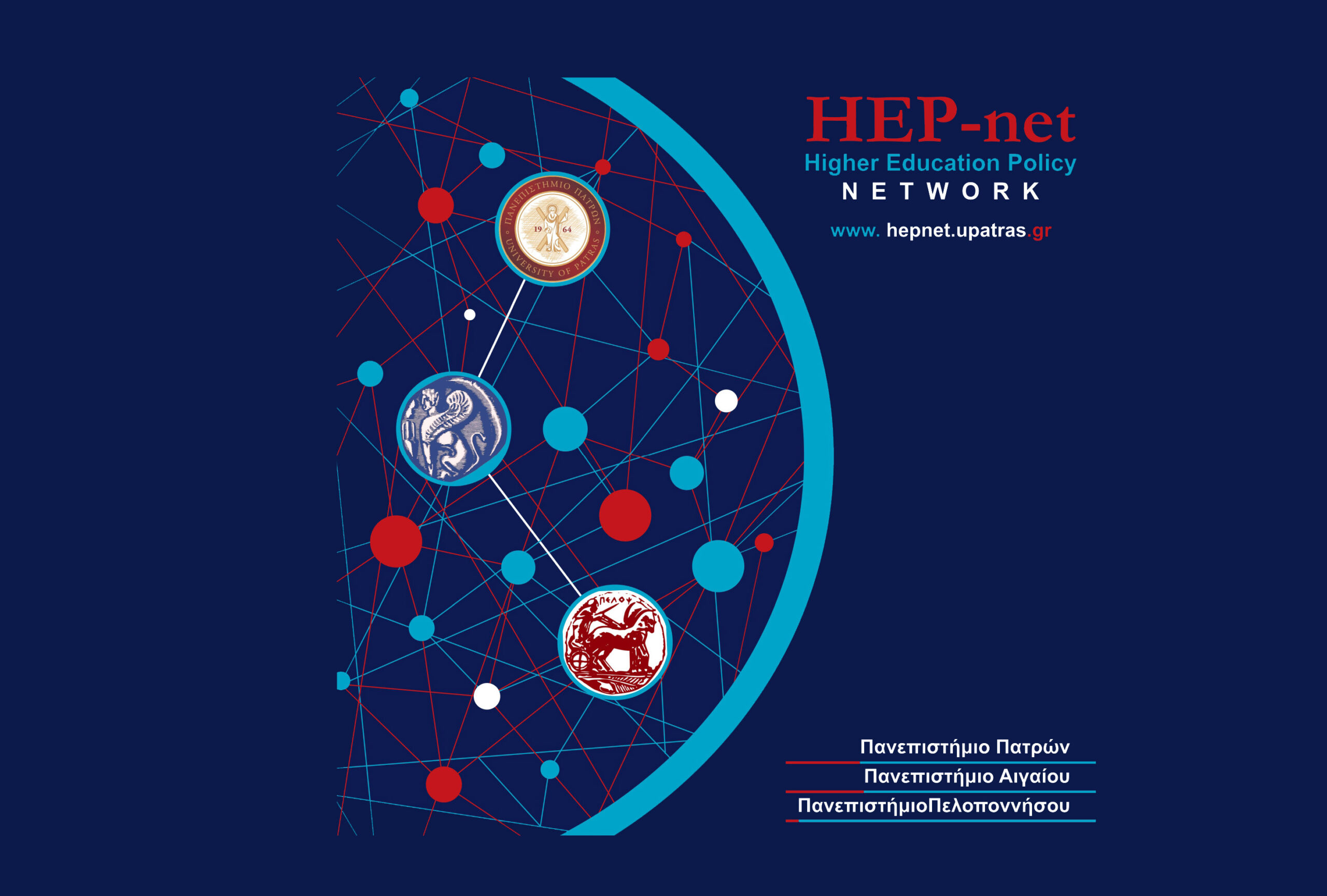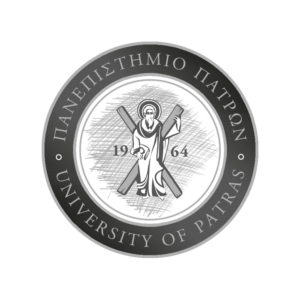Στόχοι του Εργαστηρίου
Το Εργαστήριο Εκπαιδευτικής Πολιτικής, Οικονομίας και Δια Βίου Μάθησης εξυπηρετεί εκπαιδευτικές, επιμορφωτικές και ερευνητικές ανάγκες στα πεδία:
Το Εργαστήριο στοχεύει στην ανάλυση και ανάπτυξη μεθοδολογικών και εκπαιδευτικών εργαλείων και υλικού στα πεδία δράσης του.
Νέο τεύχος Νο 34 του Academia
Δημοσιεύτηκε το νέο τεύχος Νο 34 του επιστημονικού περιοδικού Academia και μπορείτε να το δείτε στον παρακάτω σύνδεσμο
Νέο τεύχος Νο 33 του Academia
Δημοσιεύτηκε το νέο τεύχος Νο 33 του επιστημονικού περιοδικού Academia και μπορείτε να το δείτε στον παρακάτω σύνδεσμο
Νέο τεύχος Νο 31 του Academia
Δημοσιεύτηκε το νέο τεύχος Νο 31 του επιστημονικού περιοδικού Academia και μπορείτε να το δείτε στον παρακάτω σύνδεσμο






 Views Today : 6
Views Today : 6 Views Yesterday : 15
Views Yesterday : 15 Views Last 7 days : 96
Views Last 7 days : 96 Views This Month : 145
Views This Month : 145 Total views : 585878
Total views : 585878 Who's Online : 0
Who's Online : 0 Your IP Address : 18.119.105.239
Your IP Address : 18.119.105.239